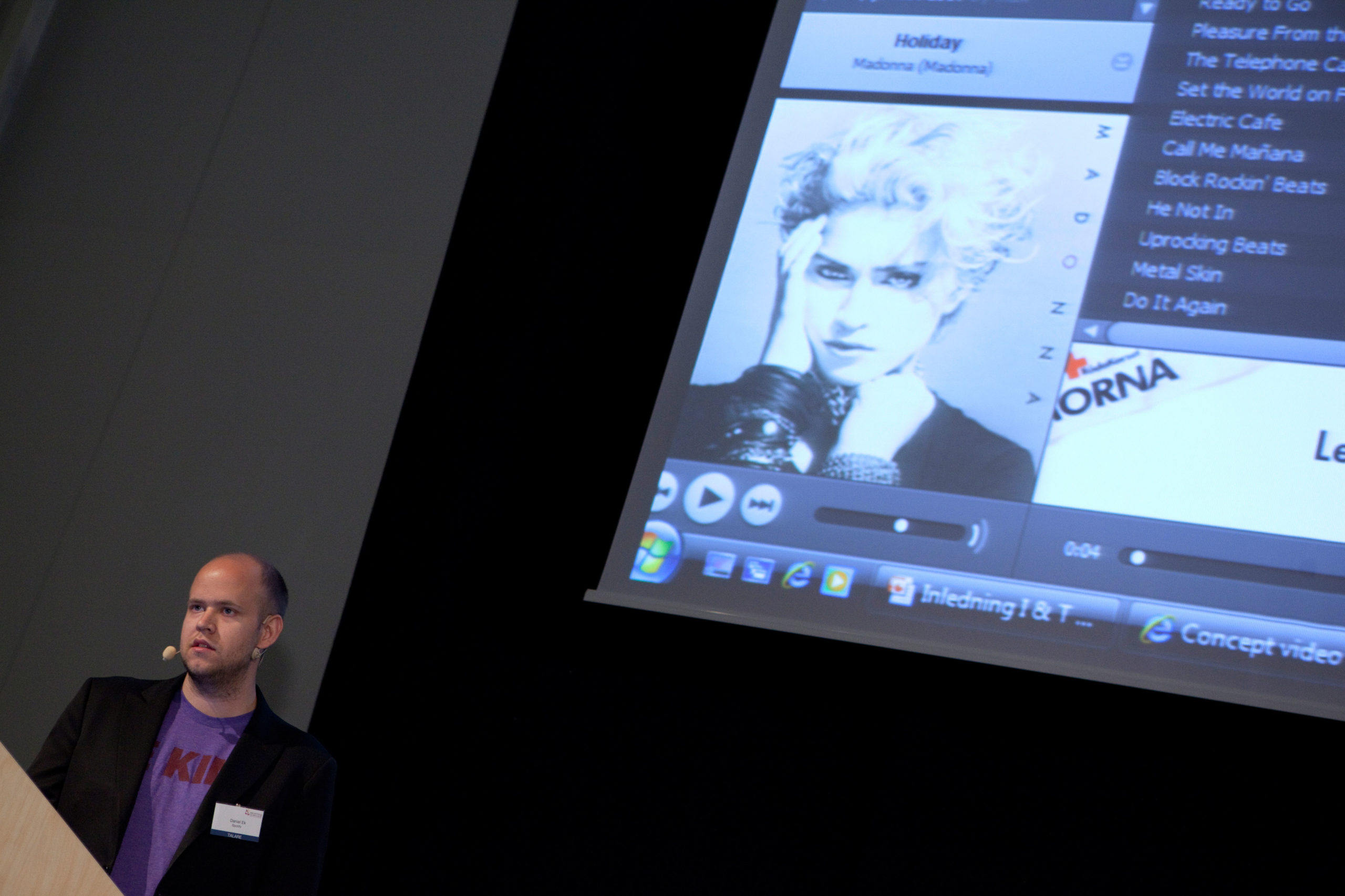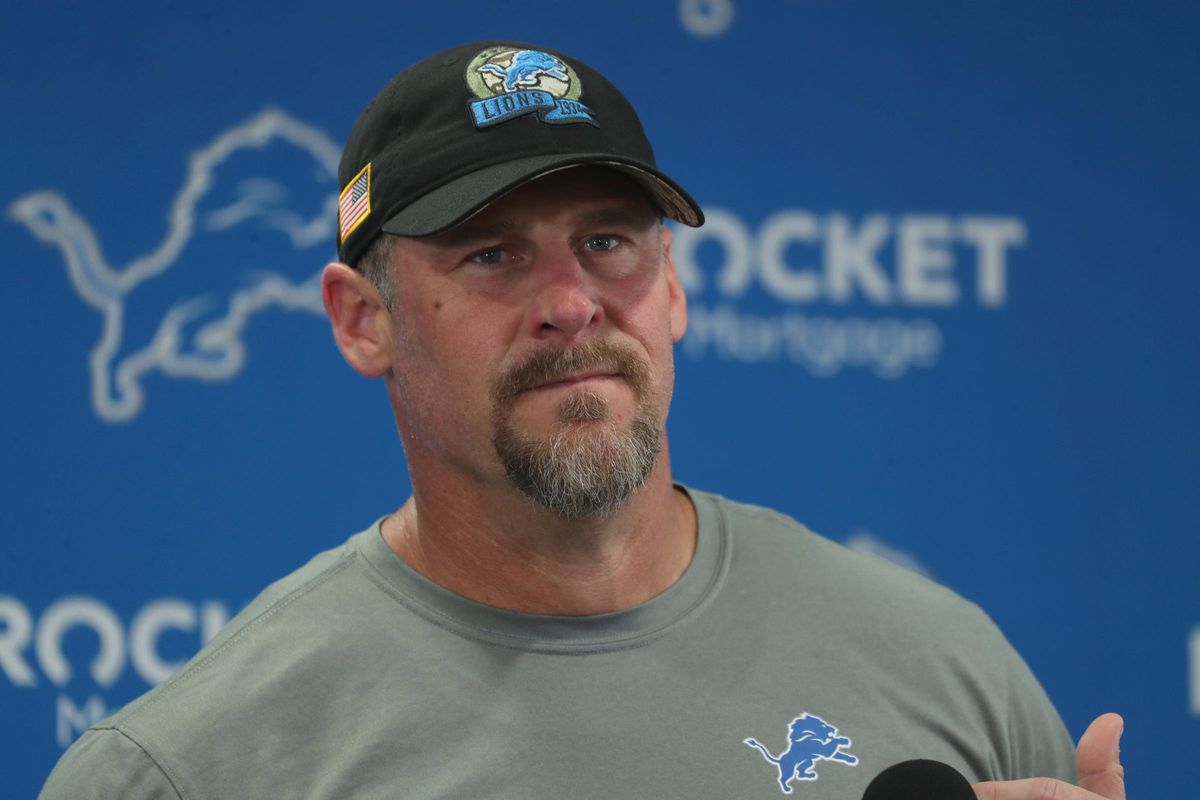
When it comes to the C-suite, who’s the most important person in the conference room – besides the CEO, of course.
Some might argue it’s the CFO – or Chief Financial Officer – the prince or princess of the purse. Whether it’s a mature business or a startup, managing the money is a major task. It’s no wonder many of these people ultimately ascend to the corner office. They have the best understanding of how money comes and goes.
There’s also something to be said for the CCO – the Chief Content Officer. This is the player most charged with making sure innovation is part of the foundation of the company’s activities. This is the person with the best perspective on how content is conceived and executed.
But it’s the CRO – or Chief Revenue Officer – who is tasked with the monetization of that content. These days, especially in certain corners of the media business, there’s a lot to be said for knowing how to generate sales and revenue.
Let’s not forget the COO – the Chief Operating Officer – that can-do pro who can get just about anything done. Oftentimes, it’s the COO who wields the hammer or the axe to keep the enterprise moving.
But perhaps the most valuable player in most organizations these days doesn’t have a title or even a cushy office. He or she may not even be listed on the company website or earn a mention on those quarterly earning calls. This person has a thankless but critically important role. In fact, the bigger the company and the ego of its chief executive, the more important this person is.
They’re the one who isn’t afraid to call the CEO’s baby ugly.
This person often has the unofficial task of actually being honest with the boss – the one with common sense and nerves of steel who can look the chief exec in the eye and let ’em know, that’s really a bad idea.
How important is this role in modern-day corporate America? Consider all the companies with high-profile CEOs truly making a mess of things. That’s certainly the case for Twitter. Elon Musk has spent the last year alienating everyone from his users to his advertisers. From his browbeating of Disney’s Robert Iger to reinstating convicted conspiracy theorist Alex Jones, if there’s actually someone being honest with Musk – an unlikely possibility – he most certainly isn’t listening.
year alienating everyone from his users to his advertisers. From his browbeating of Disney’s Robert Iger to reinstating convicted conspiracy theorist Alex Jones, if there’s actually someone being honest with Musk – an unlikely possibility – he most certainly isn’t listening.
A less visible but equally delusional CEO is Spotify’s Daniel Ek. The company continues to not just rack up losses quarter after quarter, year after year. Looking back at Ek’s decision-making, it’s hard not to conclude he has made some truly bad calls. And admitted to none of them.
A recent story in Inc. by tech columnist Jason Aten sets up Ek’s vulnerability well:
“Before laying off 1,500 people, Spotify’s CEO made the one mistake no leader should make.”
In a memo to the staff, Ek talked about having to make “the difficult decision to reduce our total head count by approximately 17 percent across the company.”
But in the process, he never fessed up to one thing most Spotify employees were waiting to hear – Ek taking responsibility for over-hiring employees, betting too much on podcasts (over music), and then having to fire many of those workers when the revenue didn’t come pouring in.
 As Aten notes, “The problem wasn’t the people; it’s that Ek was wrong about the goals and what it would take to get there.”
As Aten notes, “The problem wasn’t the people; it’s that Ek was wrong about the goals and what it would take to get there.”
And he points the finger at two qualities Ek and many corporate leaders lack: “humility and empathy.”
Aten reminds us that in the past year, budget cuts at Spotify have cost the company about 25% of its workforce. How many bad strategic and tactical decisions have led to that calamitous outcome?
In the case of Musk and Ek, you have to wonder whether a reluctance to listen to those around them and blaming others for their companies’ respective failure doesn’t come into play as well.
For some reason, the media world is rife with excuse-making when things don’t go too well. The new CNN show, King Charles, featuring Charles Barkley and Gayle King stiffed out of the box, garnering horrible audience numbers for the show’s debut.
Rather than promising to learn from a tough beginning, Barkley blamed the ratings with a signature “F___ Nielsen,” a catch phrase many of us radio programmers, managers, and salespeople have uttered over the years. But deep down inside, the excuse making, finger-pointing, bad weather, a great local sports team making a championship run, Christmas music, WFH – is code for our inability to admit our own shortcomings and respond to shifting conditions. Bad calls are part of the game. How a leader handles them is what separates the G.O.A.T.s from the rest of the pack.
years. But deep down inside, the excuse making, finger-pointing, bad weather, a great local sports team making a championship run, Christmas music, WFH – is code for our inability to admit our own shortcomings and respond to shifting conditions. Bad calls are part of the game. How a leader handles them is what separates the G.O.A.T.s from the rest of the pack.
Oddly enough, the new direction at Spotify apparently is to get back to the basics – that is, to concentrate less on growth, but instead to focus on areas where the company might finally be able to turn consistent profits. As Aten points out, this shift in strategy at Spotify is coming largely at the expense of all those people who joined the company because they believed in its potential and Ek’s mission.
At a time when the media and entertainment waters are roiling with competitors, intelligent decision making, staying humble, listening to their counsel, and living with their decisions separates the leaders with the best chance to end up in the winner’s circle.
The workforce seems savvier and more cynical after the past two decades featuring the Great Recession and COVID. They are more cognizant of their quality of life and the quality of their leadership. And it’s “soft skills” such as empathy and humility that are in demand today.
So says Fortune’s Geoff Colvin in a story that ran last month. Its subtitle jumped out at me:
“The hard truth is, there is nothing soft about ‘soft skills.'”
And proof of that may be Detroit Lions’ head coach, Dan Campbell (pictured). America fell in love with him in HBO’s Hard Knocks last year when the lowly Lions made a great late season run, winning 5 of their last 6 games – but still failing to make the playoffs. This year, the Honolulu blue and silver got off to a great start. And while they still find themselves atop the mediocre NFC North division, the Lions have lost their last 2 of 3 games with just 4 to go. What looked like an easy road to the playoffs has gotten a bit more difficult.
 And while Campbell has that gruff, manly, down-to-earth exterior that fans love, it is his humility, empathy, and honesty that sets him apart. Campbell takes responsibility for the losses, while giving his team and individual players credit for the W’s.
And while Campbell has that gruff, manly, down-to-earth exterior that fans love, it is his humility, empathy, and honesty that sets him apart. Campbell takes responsibility for the losses, while giving his team and individual players credit for the W’s.
Part of his ability to connect with his “workers” is that he’s a former player – including being a former Lion. If anyone can relate with the long, hard, painful climb, it is Campbell. His players know he’s going to battle with them. Just below the surface is a man who cries, laughs, emotes.
Colvin’s Fortune story focuses on investment company, Blackstone. And while they need leaders who know where the bottom and top lines are located, it’s the soft skills that talent overseer, Courtney della Cava, is looking for. Blackstone isn’t unique in the respect, seeking out executives who may be CEO material with an array of soft skills like compassion and the ability to understand workers who have only become more complex in recent years.
As Daniel Ek’s tone deaf memo missed the mark when explaining Spotify’s failure (that is, his failures), Cathy Anterasian, a CEO “succession expert” at the Spencer Stuart executive search firm, puts it this way, “What will differentiate the great, the strong CEOs, will rest with their humility and awareness to understand the more complex context of their role.”
As Colvin reminds us, the echoes of the pandemic have only intensified the need for these “soft skills.” As Starbucks’ new CEO Laxman Narasimhan explained to Fortune, “I found the magic in an organization is about being super down to earth, letting people see you for who you are, with all the vulnerabilities that you face.”
about being super down to earth, letting people see you for who you are, with all the vulnerabilities that you face.”
That’s Dan Campbell to a tee, but qualities sorely lacking in leaders like Ek and Musk.
In the radio broadcasting industry, we may be entering a time of leadership shifts. It happened at the NAB coming up on two years ago when Curtis LeGeyt took over the reins from Gordon Smith. With Erica Farber stepping down from her RAB post and Mike Hulvey coming in, while John Lansing has announced his departure from NPR. With SBS’s President/COO Alberto Gonzalez announcing his sudden retirement at the end of the year, change is in the airwaves.
Erica Farber stepping down from her RAB post and Mike Hulvey coming in, while John Lansing has announced his departure from NPR. With SBS’s President/COO Alberto Gonzalez announcing his sudden retirement at the end of the year, change is in the airwaves.
Will there be more CEO departures in radio in 2024 as the stakes in broadcast media get higher, along with the stress levels? And will the search firms and boards who make the decisions on their replacements factor in “soft skills” in their final calls?
Corporate leadership with those stiff upper lips while blaming outside conditions or others for the company’s failure may have run its course. More and more, we may be witnessing a sea change in leadership that’s congruent with the times, as well as the up-and-coming young workforce waiting for their chance to do a better job than we did.
The excuses are running out. It’s time to operate and execute. Innovation and smart risk-taking have never been more necessary. If it’s not working, it’s time to stop blaming others or external forces, and instead, trying something different.
And it may be their “soft skills” that lead the way.
- What To Do If Your Radio Station Goes Through A Midlife Crisis - April 25, 2025
- A 2020 Lesson?It Could All Be Gone In A Flash - April 24, 2025
- How AI Can Give Radio Personalities More…PERSONALITY - April 23, 2025




Brilliant blog. So well said. Thank you for saying it, Fred.
Thanks for the kind words, Mike. A tough message but one that needs to be sent.
Excellent as always. Radio practiced basics to win. Fix the licensed stations with cost-efficiency. Give all demos beneficial audio to connect with.
Appreciate it, Clark.
Good stuff, Fred-but we do see the Musks and the Eks of the world in many different businesses these days. Retailers locking stuff up rather than helping legislators secure their businesses. RIF in many industries. Radio becoming homogenized so the corporate execs have an excuse to keep their jobs. I don’t want to perpetuate the discussion of the problems. Perhaps Clark Smidt summed it up here best. Cover all the demos, spend wisely. We do make it complicated, don’t we?
Thtanks for these observaations, Dave. There’s a lot of ass-covering these days, certainly NOT a soft skill.
Every company needs a “don’t-do-that-guy.”
An objective thinker who respects the math and is there to at least ask: “…but at what cost?”
Conversely, it’s time to lose that guy who is just keeping his job by manipulating the math to “half-glass-full” everything with glowing pie charts and graphs.
BTW—The Inc. story link included a quote from Spotify CFO Paul Vogel: “The company will be more thoughtful with its future spending and focus on areas that are driving the most growth.”
The Guardian just reported Vogel cashed out over $9,000,000 in Spotify stock. He did it after the layoff announcement. (Layoff news almost always causes a stock to rise). Then, Spotify announced that Vogel is also leaving the company.
Hi Marty, Thanks, I liked your comments esp. about Spoty. I had to search for the reason re: a rise in stock prices at layoffs. And it’s bcuz the bad news has already preceded and the layoffs are a response that temporarily raises (tightens up) company numbers so investors react to that “good news” which temporarily lifts the stock. You know, short-sellers and all.
Oh, and if Vogel was planning on leaving, that’s the time to get some cash out even if there was no stock lift. He was just lucky.
Marty, I have been “that guy” a few times since becoming a consultant. It’s always precarious because after awhile, even the most self-aware CEO can tired of hearing “Your baby’s ugly.” But it’s a role I don’t mind playing.
As for Paul Vogel, I did NOT know that coda to the Inc. story – fascinating, sad, and predictable.
Speaking of soft skills.
I was working for a company when the CEO came to our office. I was so impressed when the CEO sat down at my desk and asked me about the work I did, listened, and asked questions.
I love this. I’ts the little stuff and makes an impression.
@Fred Great points and astute observations. I especially like the last two paragraphs. One thing bugging me though and that’s the sentence with the word innovation in it. I prefer Wikipedia’s definition of CCO (aside from the observation that it can also mean Chief Commercial Officer-whatever that is).
Carry on with the research and thanks for sharing your experience & expertise with us.
Robin, thanks for this and appreciate you reaading our blog.